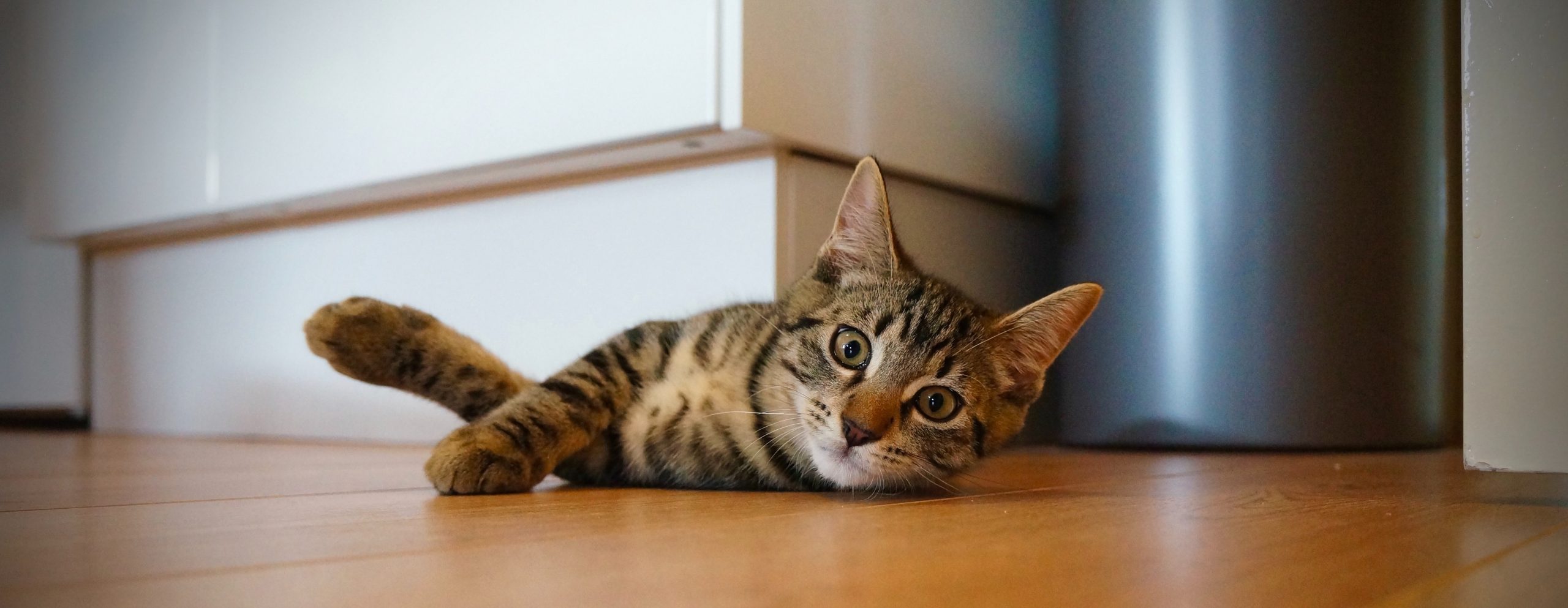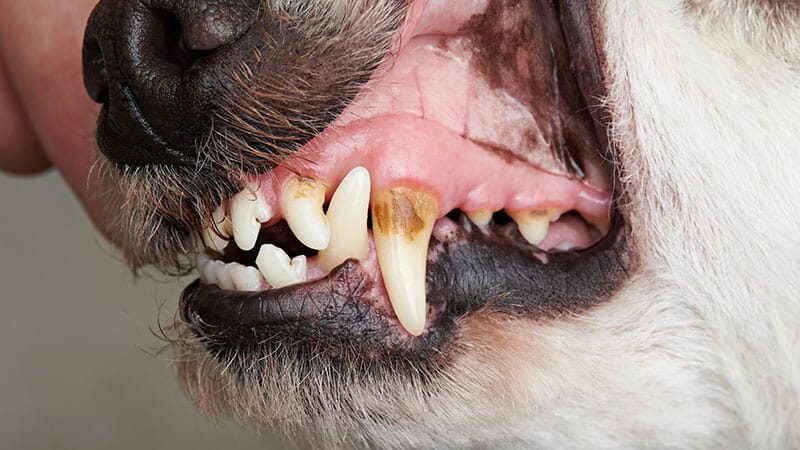In this quiet week, perhaps you’re planning to do a little car maintenance? Catch up on the winter checks, top up the antifreeze?
If so – a word of caution!
Antifreeze is incredibly toxic to pets and wildlife, and even a minor spill could spell death.
The problem is that it tastes so good! Animals, especially cats, seem unable to resist checking it out then clearing it up. It doesn’t harm them at once, so they’ll enjoy the flavour then wander off, only developing symptoms several hours later.
What to do if your cat licks antifreeze
If you suspect that a cat or other animal has licked antifreeze you should contact your vet at once. It’s much easier to make them vomit whilst the coolant is still in the stomach than wait until it’s in the blood stream and attempt to treat the symptoms.
These symptoms include:
- Vomiting
- A depressed attitude
- Wobbling and twitching
- Tremors
- Poor coordination
Within 48 hours a severe and often fatal kidney failure develops as the ethylene glycol converts into crystals in the kidneys. It’s very hard to save cats once they reach this stage.
Much hinges on how much they swallow, how big the pet is, and how soon the diagnosis is made. Veterinary practices have become very skilled at recognising and treating this condition, but not getting poisoned is the best possibility.
Most cats become averse to anything they eat that makes them ill, but an oddity of this problem is that cats will go back and poison themselves again, if they do survive – they like the flavour so much!
So don’t be responsible for a fatality – keep every drop of antifreeze away from animals.




